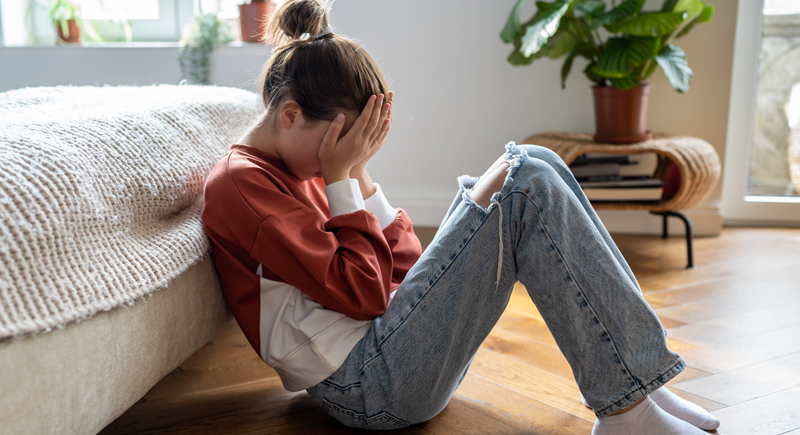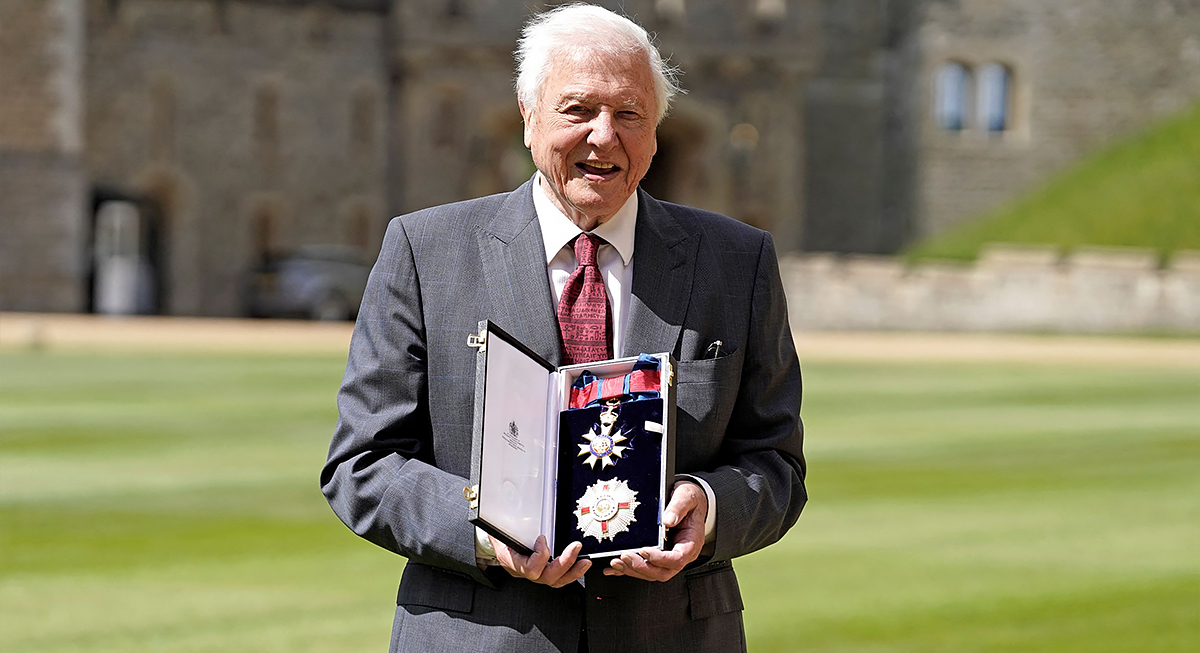People often look at being alone as something bad. However, today, we're spotlighting 11 awesome benefits of spending time alone that'll have you marking your calendar for some quality me-time.
It Nurtures Self-growth

Credit: iStockphoto
Seeking solitude isn't just about getting away; it's a rich soil for personal growth. Studies suggest that alone time can enhance self-reflection, leading to stronger personal identity and self-satisfaction. This introspective journey fosters a deeper understanding of oneself, paving the way for growth that's as fulfilling as it is transformative.
It Reduces Anxiety

Credit: iStockphoto
Do you need a balm for that anxious mind? The absence of social pressures helps stress levels decline, offering a peaceful respite from the fast-paced external world. Alone time not only benefits our mental health but also enhances our overall quality of life, making it a powerful emotional wellness tool.
It Helps Cultivate Patience

Credit: iStockphoto
Spending time alone can be a masterclass in patience. In our always-on world, solitude allows us to slow down, teaching us the value of waiting and the beauty of pacing ourselves. This practice in patience isn't just beneficial; it's essential, helping us navigate life's rhythms far more gracefully and attentively.
It Improves Decision-making

Credit: iStockphoto
Alone time sharpens the mind, particularly in decision-making. A quiet space free from outside opinions gives clarity, allowing thoughts to marinate without interruption. This mental clarity leads to more thoughtful, considered decisions. In fact, solitude can be the secret ingredient to unlocking higher levels of personal and professional decision-making prowess.
It Fosters Mental Fortitude

Credit: iStockphoto
Solitude isn't just a retreat; it's a training ground for mental resilience. Embracing time alone strengthens our ability to face our challenges head-on, building a robust mental fortitude. This resilience is invaluable in life, equipping us to navigate ups and downs with grace and confidence, ultimately enhancing our psychological well-being.
It Helps Us Value Our Relationships More

Credit: iStockphoto
Time spent alone can paradoxically enrich our connections with others. By stepping back, we gain perspective on the importance of our relationships, appreciating their value more deeply. This newfound appreciation fosters stronger bonds, as solitude teaches us never to take the presence and support of our loved ones for granted.
It Improves Emotional Regulation

Credit: iStockphoto
Solitude offers a sanctuary for emotional processing and regulation. In the silence of being alone, we're better equipped to confront and understand our feelings, leading to improved emotional health. This introspective practice allows for a more balanced emotional life, enhancing our ability to respond to situations with clarity and calmness.
It Improves Personal Exploration

Credit: iStockphoto
In the quiet of being alone, we're afforded the luxury of diving deep into our hobbies, interests, and passions without distraction. This journey of self-discovery not only enriches our lives with fulfilling activities but also helps us carve out a more authentic existence tailored to our unique desires and curiosities.
It Boosts Creativity

Credit: iStockphoto
Solitary hours are a muse for creativity. The quiet of being alone often sparks inspiration as the mind wanders and explores without external distractions. Historical figures from Einstein to Virginia Woolf have touted solitude's role in creative breakthroughs, proving that some of the best ideas come when we're thinking alone.
It Helps Us Disover Self-reliance

Credit: iStockphoto
Solitude teaches the invaluable lesson of self-reliance. When we're alone, the necessity of solving problems and making decisions independently strengthens our confidence in our abilities. This empowerment isn't just about surviving without others; it's about thriving on our own terms and discovering an inner resourcefulness we did not know existed.
It Increases Social Energy

Credit: iStockphoto
Solitude recharges our social batteries. Just as we need sleep after a long day, alone time gives us the space to rejuvenate our social energy. This restorative process ensures that when we do engage with others, we're more present, attentive, and genuinely interested, enhancing the quality of our social interactions.





